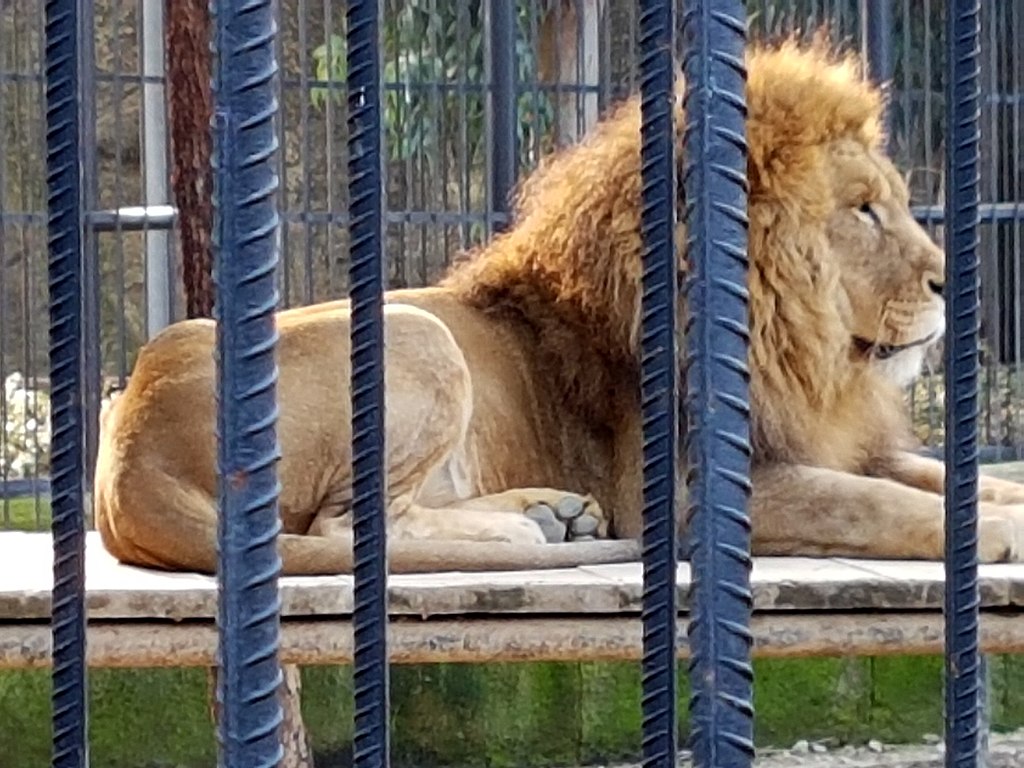News release
From:
Impacts of the COVID-19 Pandemic on Mammals at Tourist Destinations
How have travel restrictions and reduced tourism in response to the COVID-19 pandemic affected mammals in different tourist destinations? Researchers recently reviewed published studies and news stories to consider this question. Their findings are published in Mammal Review.
The authors noted that whether the pandemic has affected mammals positively or negatively is difficult to determine—their findings showed that effects of reduced tourism varied by species and the contexts that they are in.
For example, some mammals in zoos thrived in the absence of visitors while others appeared to be deprived of enrichment without tourists. Also, the pandemic brought hunger to some mammals that had been offered food by tourists, and the absence of tourism may have put some animals in protected areas in danger of being poached. On the other hand, marine mammals have reportedly returned to environments that were too polluted and disturbed to live in before the pandemic but now provide suitable habitat.



 International
International



